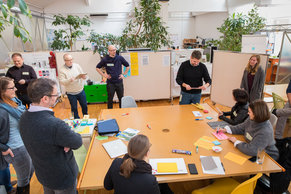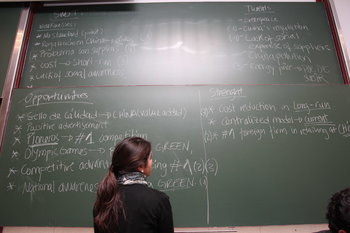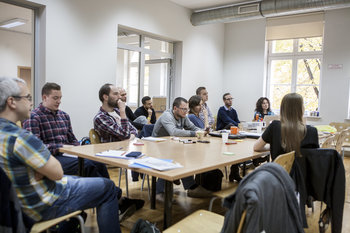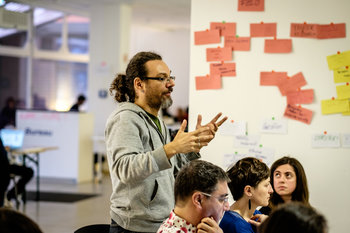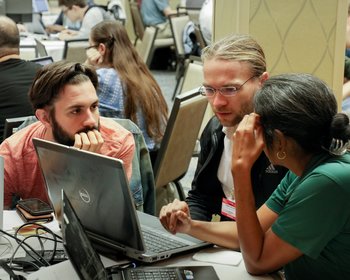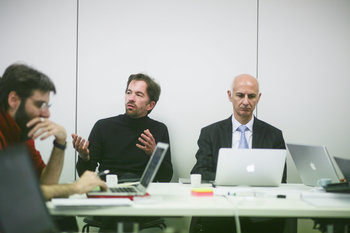A call center that implements highly inflexible workflows whereby employees need only follow the instructions in a system. This is conductive to productivity and maintaining standards because the call center has very high turnover. | A construction manager who employs a strict command and control style of management over unreliable employees but is far less intrusive when managing those who have proved themselves reliable and diligent. |
A firm with generous perks and working conditions that starts to demand cost control and high productivity when its revenue begins to slow. | A luxury hotel that responds to low ratings by greatly increasing their standards on performance reviews whereby employees who are good with customers are promoted but others are put on performance improvement plans. |
A manager who plays a supportive role for a team with skills that are high in demand. The goal is to reduce turnover by supporting team members. | A manufacturing facility that closely monitors employees for compliance to process to reduce safety and quality issues. |
A software firm that lets most software developers work from home because their performance is easy to measure in terms of working code. | An architecture firm that gives motivated and creative senior staff much freedom in how they want to organize their work and manage clients. |
| Overview: Contingency Theory | ||
Type | ||
Definition | The theory that there is no best way to structure, organization, manage or lead an organization, team or group but that rather it depends on the situation | |
Applies To | ||
Related Concepts | ||

